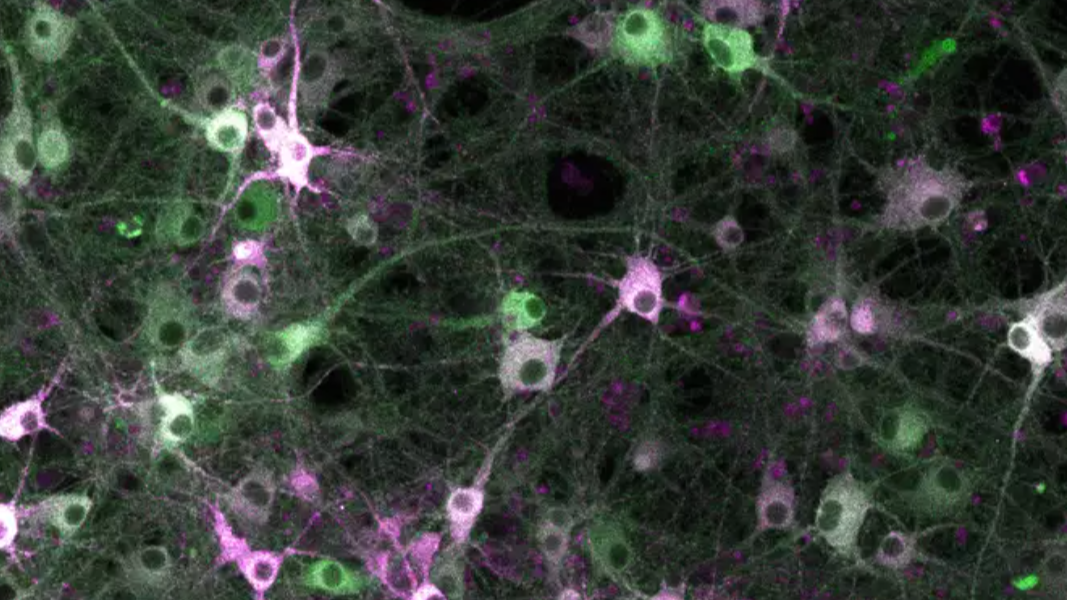How the Ebola virus multiplies in cells

Like all viruses, the Ebola virus is dependent on host cells in order to replicate. Researchers at Heidelberg University Hospital, in collaboration with colleagues from the Friedrich Loeffler Institute, have been able to show for the first time using state-of-the-art imaging techniques how the replication compartments of the Ebola virus change during replication in infected cells. The research results were recently published online in the renowned journal “Cell”.

More information in German below:
Das Team um Dr. Petr Chlanda, Forschungsgruppenleiter an der Medizinischen Fakultät Heidelberg der Universität Heidelberg und Forscher in der Abteilung Virologie am Zentrum für Infektiologie des Universitätsklinikums Heidelberg (UKHD), konnte mittels korrelativer Kryo-Licht- und Elektronenmikroskopie sichtbar machen, wie sich die Replikationszentren des Ebola-Virus im Inneren von infizierten Zellen im Verlauf der Infektion verändern. Diese sogenannten Virus-Fabriken sind „flüssige Organellen“, die nicht von Membranen umhüllt sind und in denen sich das Virus vermehrt. Die Studie zeigt, dass diese Kompartimente während der Infektion reifen und dabei ihren flüssigen Zustand verlieren. Mittels Kryo-Elektronentomographie gemachte 3D-Aufnahmen zeigen, dass die Virus-Fabriken zunächst ausschließlich aus locker gepackten spiralförmigen Strukturen bestehen, welche das virale Genom beinhalten. Diese reifen dann über eine kompakte Zylinderform zu hoch organisierten parallelen Bündeln.
So konnte das Team veranschaulichen, dass diese strukturellen und physikalischen Veränderungen wesentliche Schritte der Virusinfektion steuern, etwa die Vervielfältigung des Erbguts, den Zusammenbau des Virus und seine Freisetzung. Das Wissen über diese Umstrukturierungen könnte künftig möglicherweise zu neuen Ansatzpunkten für die antivirale Therapie führen. Die aktuellen Forschungsergebnisse sind online in der Fachzeitschrift „Cell“ erschienen. Erstautorin und korrespondierende Autorin ist Dr. Melina Vallbracht, Virologin und Postdoktorandin in der Abteilung Virologie am Zentrum für Infektiologie des UKHD. Das Friedrich-Loeffler-Institut hat seinen Standort auf der zur Stadt Greifswald gehörenden Insel Riems.
Weitere Informationen im Internet
Cell-Paper: Nucleocapsid assembly drives Ebola viral factory maturation and dispersion




